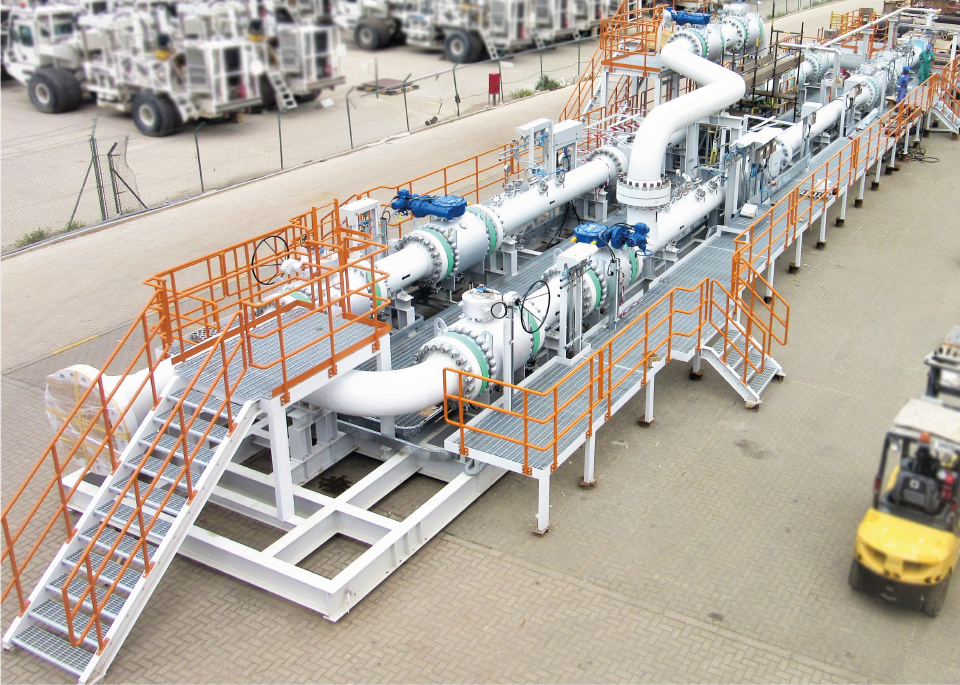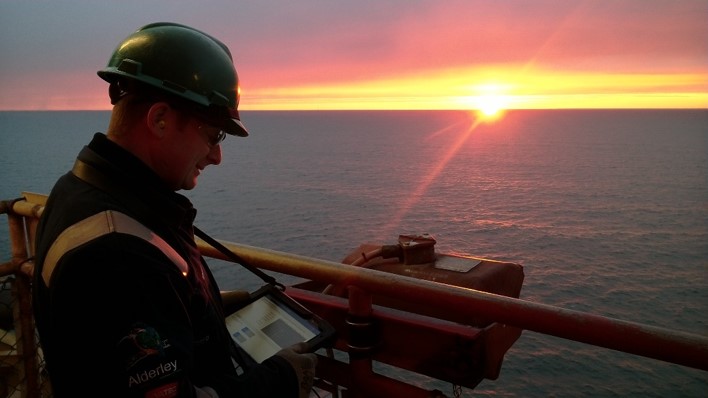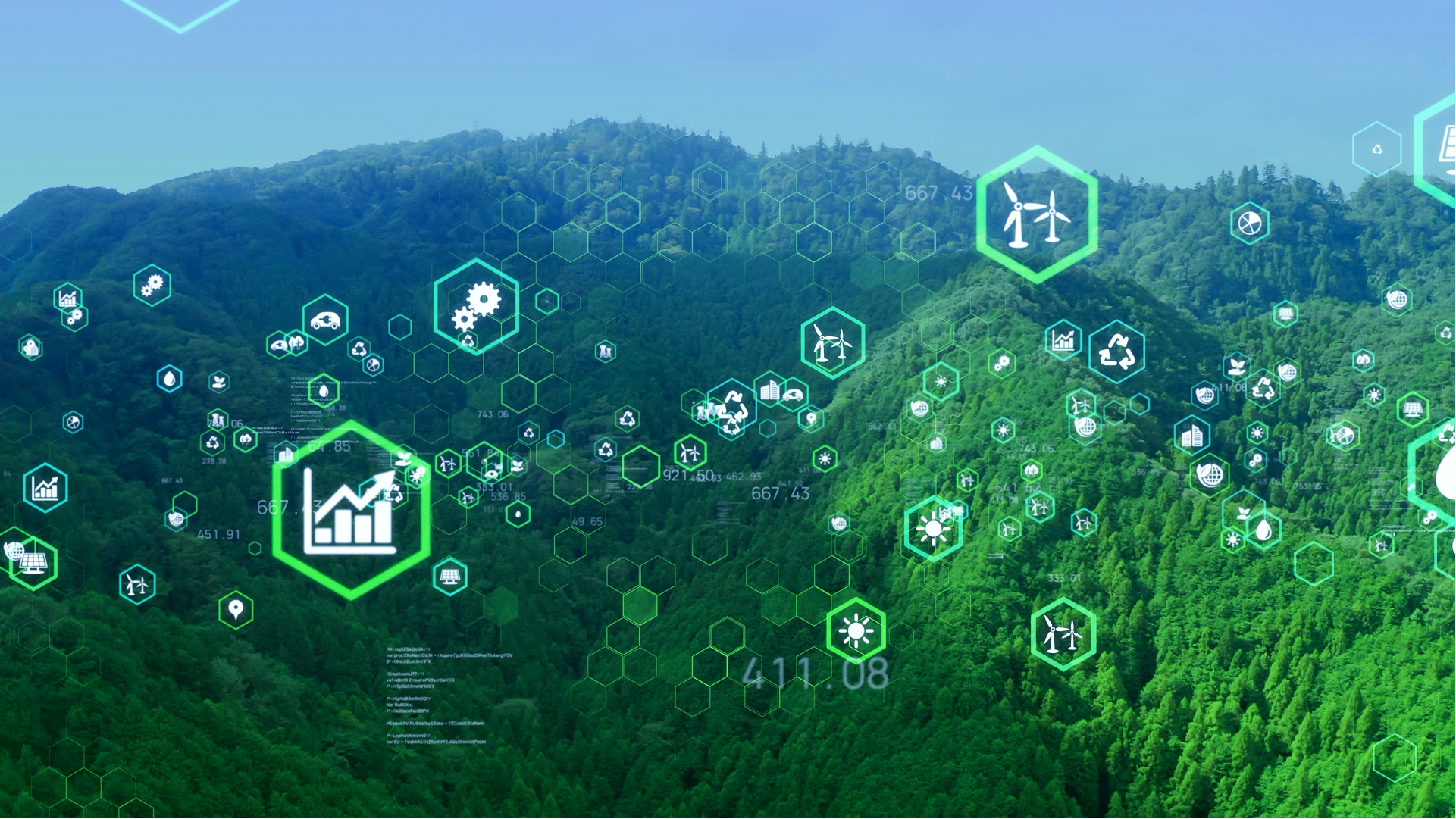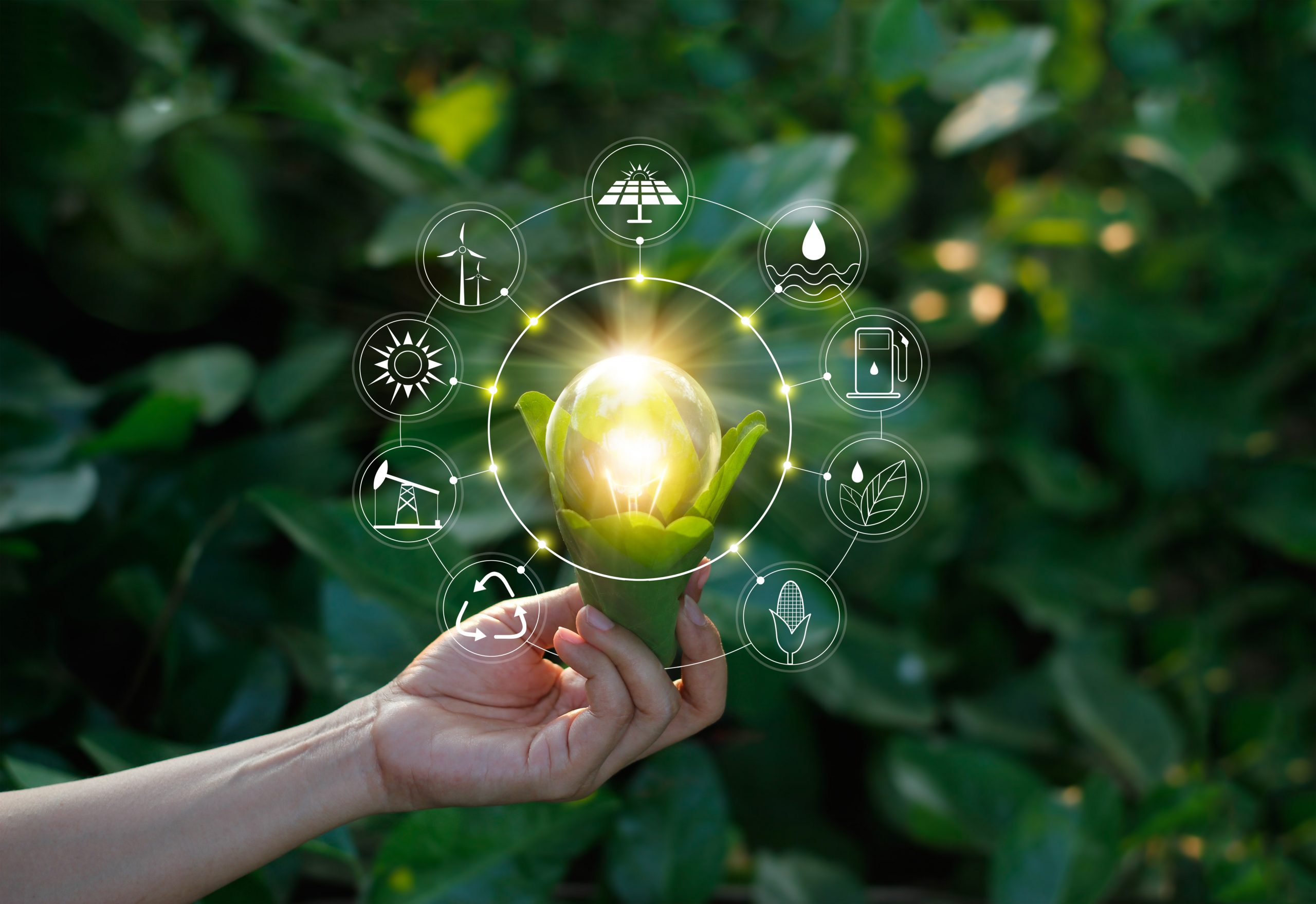Are we measuring the true value of CO2?
An article by Mike Shepherd, Business Development Director at Alderley
18 October 2022
With current focus rightly falling on escalating domestic energy costs, it is tempting to forget about the other main energy challenge of our era – reducing the amount of carbon dioxide that we put into our atmosphere.
With scorching temperatures across much of the northern hemisphere this summer, managing and measuring carbon dioxide (CO2) is an existential challenge that everyone in the energy industry including systems integrators and metering experts like Alderley must recognise and work towards solving.
What are the challenges and opportunities of managing and measuring CO2?
Where Carbon Capture, Utilisation and Storage (CCUS) fits in
Recent industry shortages in the UK have shown how valuable CO2 is as an essential component to many of our best loved consumer products including food and drink. Whilst CO2 is a useful part of our modern lives, it is also clearly a major contributor to climate change and all of the associated costs and impacts on our lives and the global environment. A key part of the carbon dioxide jigsaw puzzle is carbon capture, utilisation, and storage (CCUS). For years a promising technology, it’s often been put into the ‘one for the future’ box. Yet, CCUS’s basic premise is simple.
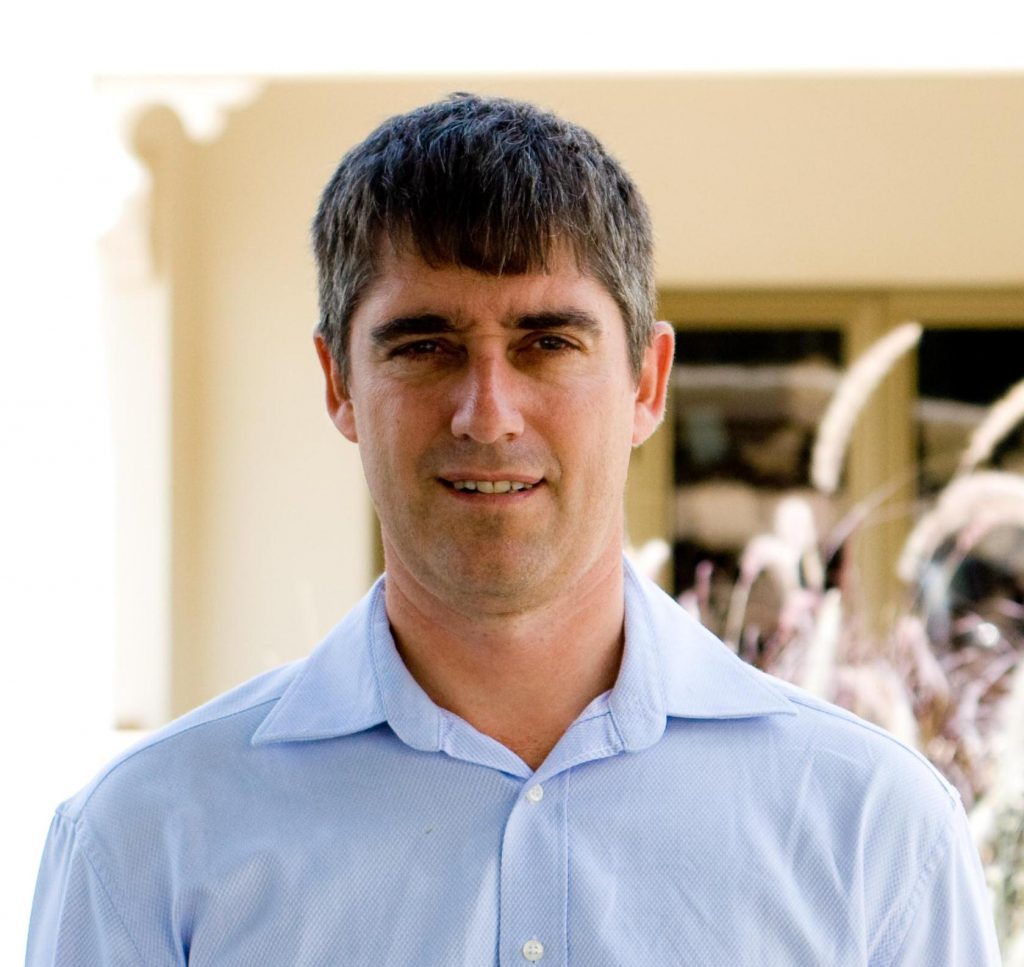
By removing and storing the carbon dioxide that we emit as a waste product from current hydrocarbon heat and energy production, we can safely deal with excess CO2 at source and also use whatever we need for industry and agriculture at the same time. Once processed, the CO2 gas is compressed, transported and safely stored underground, often in depleted natural gas reservoirs.
New carbon capture technology has meant that existing industrial plants that are currently 30-40% efficient in removing CO2 from waste emissions, are able to be up to 95% efficient, according to companies like Shell who own carbon capture technologies. By 2035 Shell is seeking to apply its solutions to 25 million tonnes of CO2 per annum. This is a huge amount of CO2 to deal with and it’s right that developed nations and IOCs take the lead in supporting this carbon capture program, given their status as ‘first emitters’.
With the key capture technologies cracked, I believe that CCUS can grow quickly and show its full potential. CCUS is fast becoming a UK success story with leading projects in Teesside (Net Zero Teesside), Humberside (Humber Zero) and Hynet North West in the north of England breaking new ground with the scale, ambition and complexity of their projects.
With these significant improvements in capture efficiency, CCUS technology is showing great promise though challenges still remain.
Measuring a problem gas
With CO2 needing to be managed and stored, it is crucial that accurate measurement systems exist not just for safe storage but to enable us to value what is both a potent greenhouse gas as well as a valuable commodity for industry. However, it is often taken for granted that CO2 behaves like natural gas (methane) but it is quite different.
While CO2 can be measured and metered relatively easily in the gas phase, when it is compressed and transported into underground storage it is often in the super critical or dense phase. At temperatures and pressures commonly found in industrial processes CO2 can be very close to its triple point and critical point. This creates accurate measurement challenges and process problems.
Another challenge is how to cope with the impurities in the CO2, which will vary depending on the source. Without accurate physical properties it will be difficult to measure CO2 to the required uncertainty levels.
Finally, the industry needs to address the requirement to maintain a traceable measurement standard. This requires that the meters are calibrated at an accredited laboratory, with CO2 at operating conditions. At the moment these facilities are limited.
Complex process management systems, often with new technologies are needed to deal with CO2 when it is in this dense state. This element has been often overlooked by industry when designing CCUS plants, creating issues later down the line as well as adding additional unbudgeted costs.
Standard hydrocarbon measurement solutions have struggled with accurate measurement of CO2 and it has taken significant investment to develop new technologies and solutions. New measurement technologies – still emerging today – are providing promising solutions to enable CO2 to be metered to EU ETS measurement uncertainty levels of 1.5%. This will help industry and stakeholders including governments to accurately measure and record volumes, which will ultimately enable its value and the true costs to society to be calculated.
In short, industries investing in carbon capture must understand how to process and manage CO2 to achieve suitable measurement conditions in order to maximise the benefit of CCUS projects and the potential value of CO2.
Identifying the true value in CO2
From Alderley’s perspective a key question remains – are we calculating the true cost and hence value of CO2 in order to drive industrial change?
The key problem with CCUS projects is CO2 is seen by industrial emitters as a waste product and has little intrinsic value. Crucially, there is no standard way to value the gas globally, as is the case with crude oil for example. Additionally, there is no existing incentive to store CO2 apart from the driver of legislation through government climate management targets.
From Alderley’s perspective, the mindset of industry and policy makers towards CO2 must change so that we recognise its true cost to the planet and hence its value to industry and governments.
By working out the true cost of CO2 in terms of negative impact to the climate and global environment, counter -balanced with a positive monetary value, we would enable industry and society to leverage a complex gas and a tradeable commodity that is at the heart of modern industrial economies.
One might argue that the EU’s Emissions Trading Scheme (ETS) does this, however it lacks a mechanism to calculate the cost of CO2 as a contributor to global warming and its focus lies only on European countries, with different equivalents in the USA and China. The majority of other countries are left out altogether, and this generates an imbalance in industry costs
The EU has tried to address the limitations of the ETS in this year’s EU proposals for an EU carbon border tax or carbon border adjustment mechanism that aims to place a charge on carbon-intensive goods imported into the bloc to help meet climate goals and level the playing field for producers in the EU and abroad. However, this does not go far enough to resolve the global costs.
Tellingly, we know how much oil and gas costs are traded, and therefore organisations and governments are comfortable committing capital. We need to think about CO2 in the same way, to reveal the value of this commodity to society. Once we identify the value of CO2, industry and governments will decide how to maximise their investments to put CO2 into storage and truly kick-start CCUS development.
For Alderley, the measurement of CO2 is a clear opportunity for us to deploy our skills and expertise in hydrocarbon metering, built over the past 40 years. We know it’s a ‘problem gas’ but we also know the key questions that need to be posed and are ready to consult, guide, lead and deliver the right CO2 solutions whether related to valves or meters.
Our insights into measuring and analysis of complex products such as LNG (Liquified Natural Gas) and our work over decades in the global oil and gas industry give us the pedigree and expertise to solve these tricky issues.
If we get CO2 measurement right and are able to value it effectively, we can tackle climate change at its root as well as unlock its true value enabling and emboldening industry and society to change their ways.
***
Mike Shepherd is Business Development Director at Alderley and has worked in the energy engineering sector for over 25 years. He can be reached directly via mshepherd@alderley.com.

